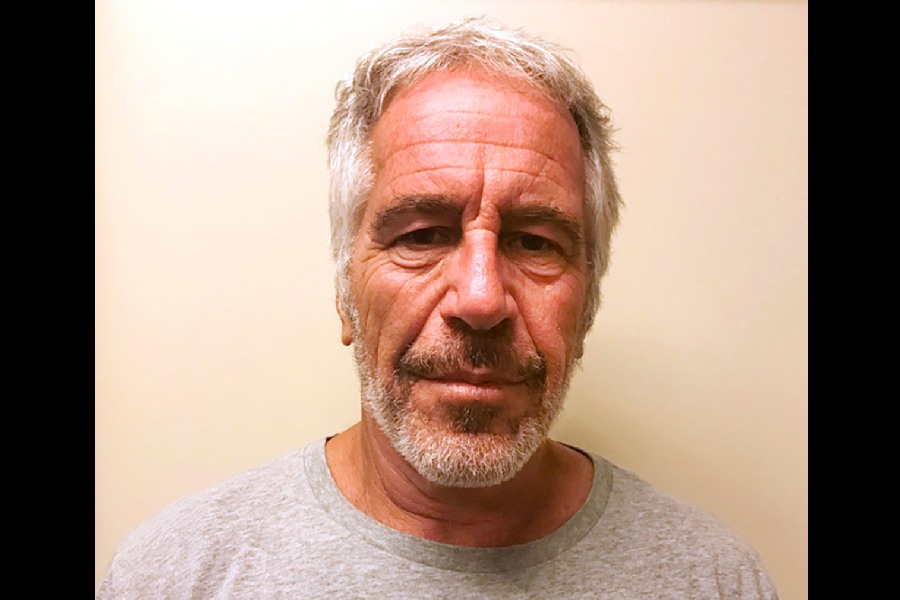Seoul, March 26: India’s nuclear installations are built with both safety and security factored in right at the design stage, India is likely to assert at the Nuclear Security Summit that opened here today.
Prime Minister Manmohan Singh is scheduled to address the summit tomorrow, outlining India’s actions on nuclear security, including its focus on the interface between safety and security.
“Guns, gates, and guards by themselves do not make a plant secure — one has to do much more to ensure security of the plant,” said Ravi Grover, a senior official with India’s atomic energy department, who is among Indian delegates at the summit.
“One has to take care of the security aspect right at the plant design stage,” Grover said tonight on the eve of Singh’s talks at the summit.
Grover said the plant’s design has to provide for zoning in such a way that access to sensitive areas within the plant is strictly controlled and the plant is not vulnerable to any threats even posed by insiders.
“There has been a realisation that safety and security has to go together. This is something we in India have ensured — the complementarity of safety and security exists in our design aspects.”
More than 50 leaders of nations or governments are here for the summit to review and pledge initiatives to minimise the risk of nuclear terrorism since the last summit in Washington DC in 2010. The summit comes amid concerns that vast stocks of nuclear material in some countries remain vulnerable to the threat of theft.
India will submit its own national progress report at the summit tomorrow. “We’re hoping this summit provides political impetus to strengthen the legal instruments available to enhance nuclear security worldwide,” an Indian external affairs ministry source said.
Grover said India’s proposed Nuclear Safety Regulatory Authority, an independent regulator to replace the existing Atomic Energy Regulatory Board, will be responsible for nuclear safety as well as security within the boundary of the plant, while conventional security forces would be responsible for security outside the boundary.
India has already ratified the Convention on Physical Protection of Nuclear Materials, a key legal instrument that is intended to make it obligatory on all member countries to protect nuclear materials during use, storage and transportation.
The summit is expected to issue a Seoul Communique that will outline a set of future actions by nations to reduce the risk of nuclear terrorism.










